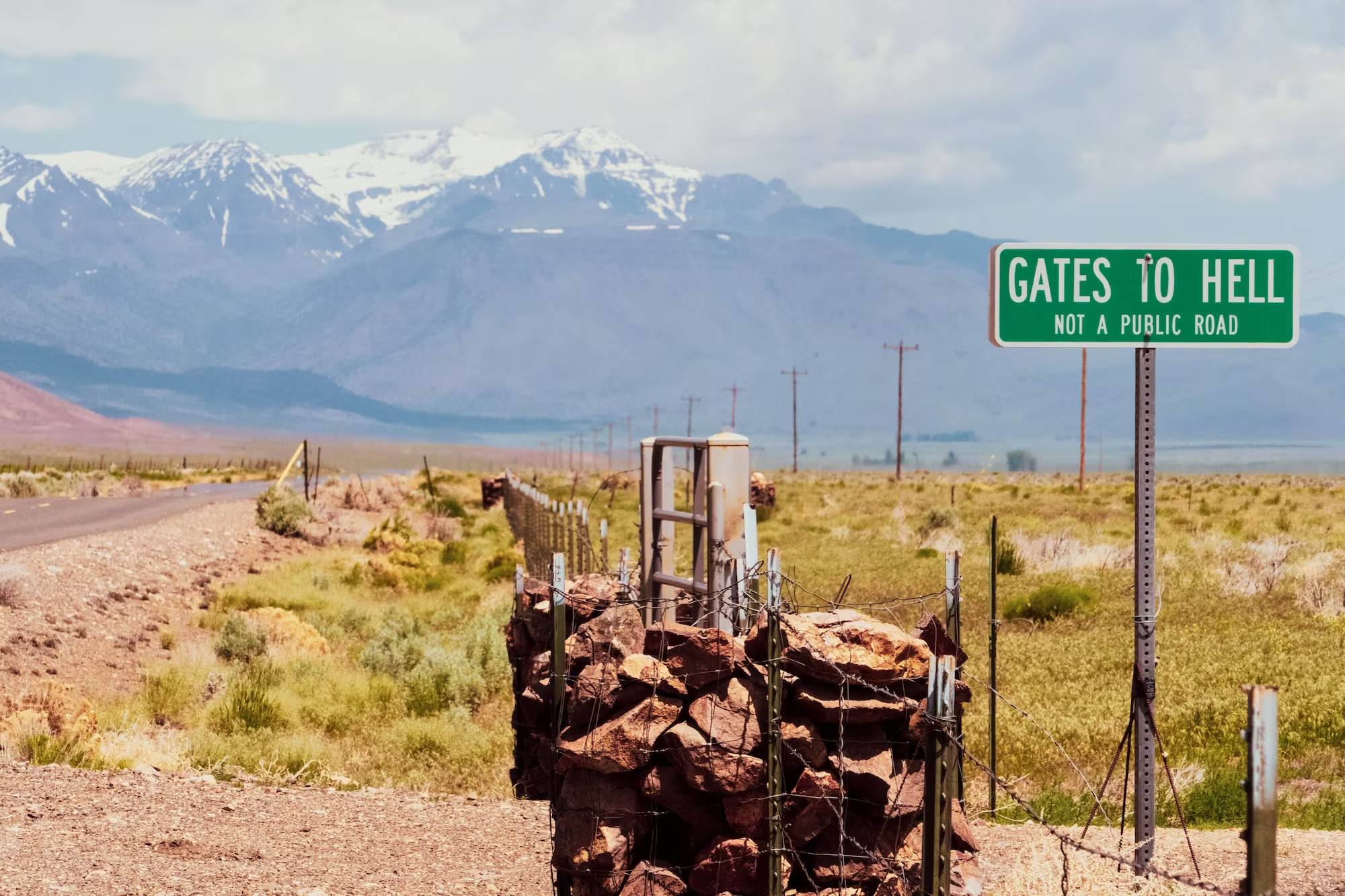ten posts about brands
-
Review: The Road to Hell
Nick Asbury’s new book argues that the business world’s embrace of brand purpose over the last 15 years has been a huge error, failing to do both marketing and social good. But what comes next? -
Conway’s law and brands
Brands inevitably end up reflecting the organisational structures of the businesses that create them. What does that mean, and how do you fix it? -
The shearing layers of brands
Brands are strange things. Everything about branding involves keeping things the same: the same logos, the same colours, the same zingy lines. But everything about the real world involves adaptation to changing circumstances. How do you decide what to flex and what to fix? What happens at the different layers of brands, from the most static to the most dynamic? -
A chronic case of cost disease
Businesses worry about keeping costs in check compared to their competitors. But they’re subjected to forces beyond just their own industries – and can suffer from “cost disease” as a result. But is there a cure? -
Why snake oil succeeds
Few products in history have been as successful as the “snake oil” of the 1800s and early 1900s. But why did these products succeed, when they didn’t work? Answering that means digging into our capacity for motivated reasoning, manipulative advertising, and wishful thinking – factors that haven’t changed much in the intervening century. -
Decentralised branding
Advances in technology are allowing online communities not just to organise themselves, but to create economies that benefit themselves and to create brands that are owned by no one. What does that mean for existing brands, and what new brands might emerge? -
What comes after brand purpose?
Brand purpose is an idea that’s consumed the world of brands for nearly a decade, much to the chagrin of many marketers and countless more consumers. The tide seems like it might be turning – but what will replace it, and what does its death mean for ethical business more fundamentally? -
Review: Subprime Attention Crisis
Tim Hwang argues persuasively that the market for advertising online has eerie similarities with the market for subprime mortgages in 2008 – that it’s a bubble about to burst. But what’s to be done about it? Is this crisis a potential opportunity to recreate the internet’s dominant economic model? -
The niche multinationals
For a while, it seemed like the internet would destroy niche businesses, as power became concentrated in ever-fewer large platforms. But the reality is that those platforms themselves have, in reaching such a huge audience, actually helped niche businesses more than they’ve harmed them – and, in fact, allowed ever-narrower niches to be served. -
Amazon, aggregators, and the death of brands
What happens if Amazon goes the way of Uber and Airbnb, and becomes an "aggregator" – with unlimited product selection, a frictionless service, and an incredible user experience? Should food and drink brands be rubbing their hands with glee – or fearing for their lives?









